Vegan Iodine Sources: Are You Getting Enough of this Vital Nutrient?
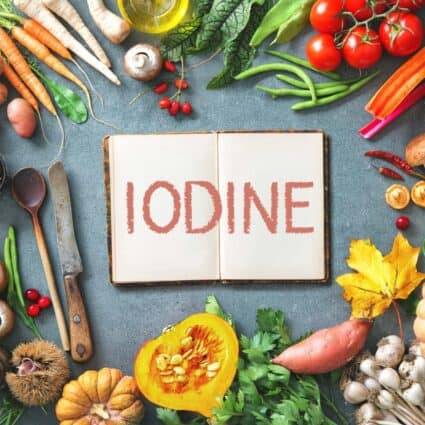
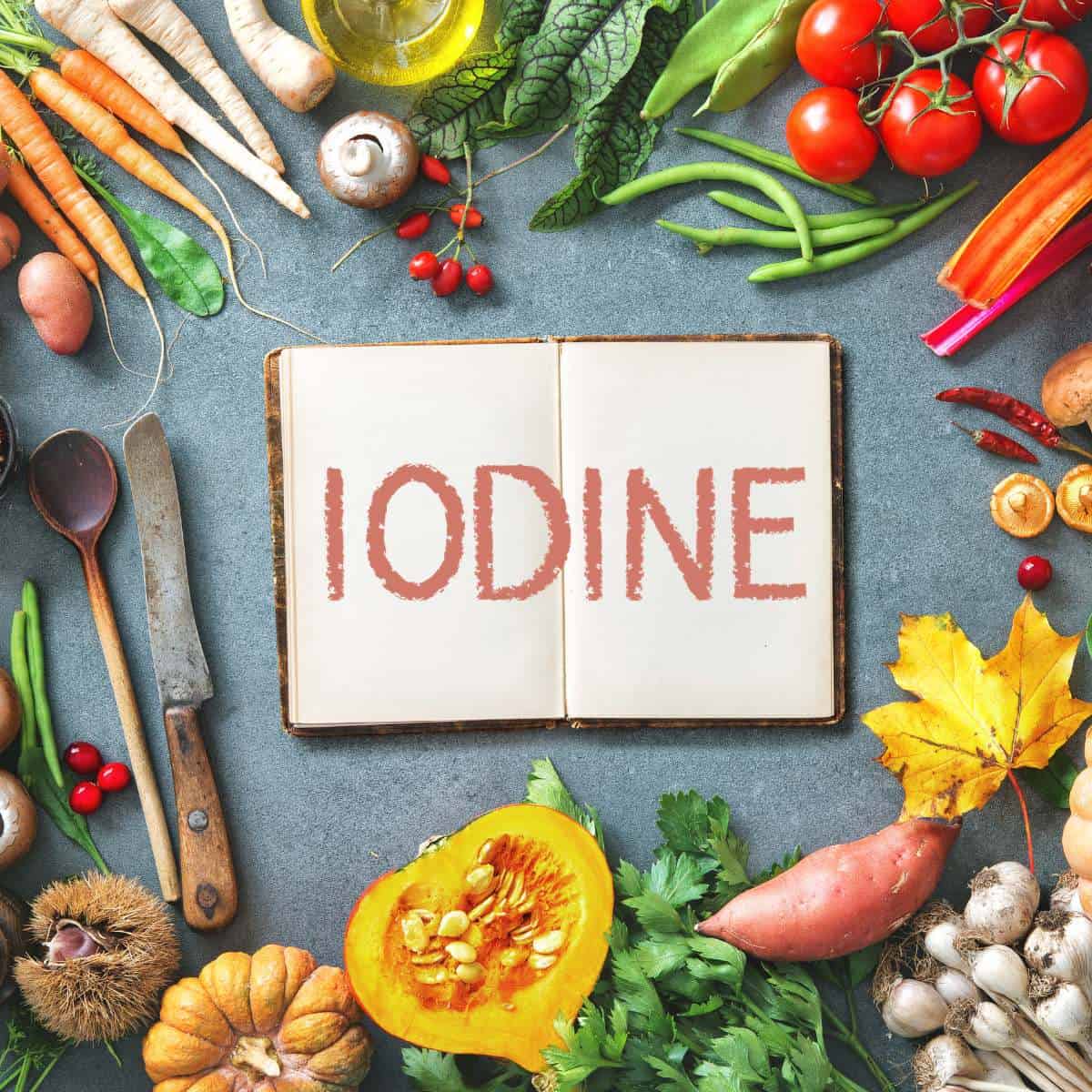
Iodine is a vital trace element that can sometimes slip under the radar, even for the most attentive vegans. In this helpful plant-based nutrition guide, we’ll explore the importance of iodine, its impact on thyroid health, and how vegans can ensure they’re getting enough of this mighty micronutrient.
Table of Contents
What is Iodine?
Iodine is a halogen element with the chemical symbol “I” and atomic number 53. Found naturally in some foods, in the earth’s soil, and seawater, and is considered an essential micronutrient because our bodies do not produce iodine, so we must consume it. Iodine is also considered a trace element, because we need relatively small amounts of it.
Iodine is a lustrous, purple-black, non-metallic solid at room temperature and readily sublimates into a violet gas when heated. Chemically, it forms compounds with many elements, but is less active than the other halogens, which include fluorine, chlorine, and bromine.
Historically, iodine was first discovered in 1811 by the French chemist Bernard Courtois. While extracting sodium and potassium compounds, Courtois accidentally added sulfuric acid to seaweed ash residue, which then released purplish vapor that condensed into dark crystals. These crystals were iodine. The element’s name originates from the Greek word “iodes,” meaning “violet” or “purple,” reflecting its vibrant color.
Iodine’s significance extends far beyond its intriguing history and chemical properties. It plays a vital role in human health, particularly in the production of thyroid hormones in the thyroid gland. Insufficient iodine levels can lead to various health conditions, emphasizing the importance of maintaining adequate iodine intake.
Over the years, as scientists and health professionals recognized the importance of iodine for human health, efforts such as iodizing table salt have been made to prevent deficiencies in populations around the world.
The Integral Role of Iodine in Thyroid Health and Development
Iodine is crucial for thyroid health as it enables our bodies to produce thyroid hormones. Insufficient iodine intake can result in reduced thyroid hormone production, potentially leading to conditions such as goiter (enlarged thyroid gland in the neck) and hypothyroidism.
It also plays a significant role in brain development and overall cognitive function. In fact, did you know that iodine deficiency is the most common preventable cause of intellectual disability worldwide? That’s because iodine is also critical for developing fetuses and infants. When pregnant people and babies do not consume enough iodine, it can cause irreversible damage.
Thyroid hormones, which are made of iodine, are needed for fetal and infant skeleton and central nervous system development. The impact of insufficient iodine in babies ranges from hearing and speech issues to permanent brain damage. Though most populations around the world have a better iodine status than in the past, it’s important for everyone to ensure adequate iodine intake.
Iodine Sources for Vegans
Now, let’s address the elephant in the room: how do vegans get their iodine?
Non-vegans typically get their iodine from sea animals, dairy, and eggs. Sea animals absorb iodine from ocean water, while dairy products contain iodine due to the iodine solutions used in cleaning cow udders and milking equipment, as well as from iodine-fortified cow feed. Similarly, eggs have iodine because chickens consume iodine-enriched feed.
Vegans don’t consume sea animals, dairy or eggs, so where can they get iodine?
1. Iodized Salt
The most reliable vegan source of iodine in the food supply is iodized salt. In the battle against iodine deficiency, this trusty seasoning saves the day. Did you know that iodine deficiency used to be alarmingly common? That’s why many countries have implemented iodization programs.
Just half a teaspoon of iodized salt provides a full day’s worth of iodine, ensuring that we’re always at the peak of our superhero potential.
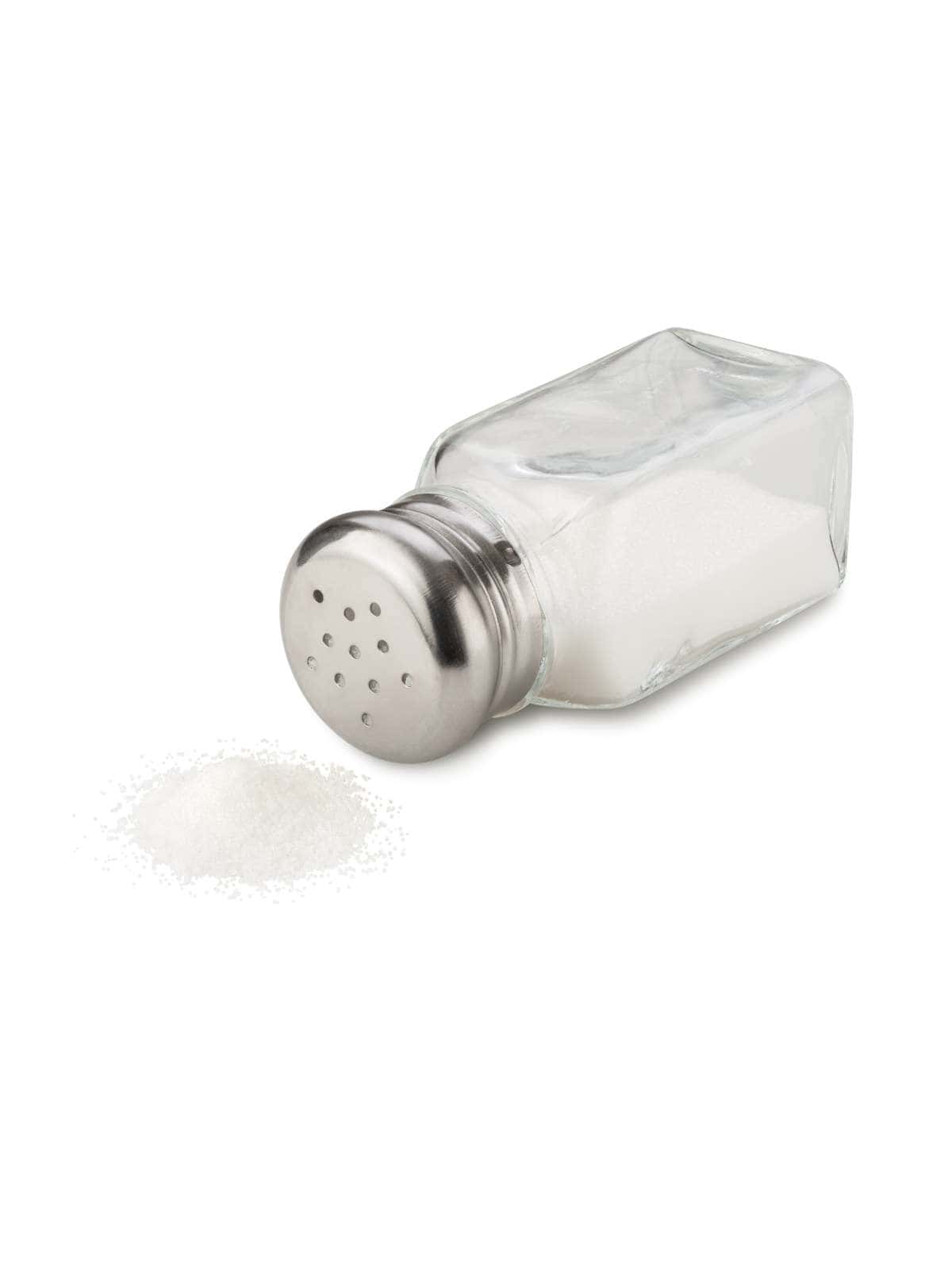
Many people eat plenty of sodium and may think that means they’re also getting plenty of iodine. However, most sodium in many peoples’ diets comes from processed foods, and the salt in processed foods is not iodized. And, many people use non-iodized salts at home, such as sea salt and Himalayan salt. These salts do not contain iodine and do not provide a health benefit over iodized salt.
It’s a wise choice for vegans to use iodized salt when cooking and seasoning at home. You can even find iodized sea salt at the grocery store.
2. Plant Foods (Unreliable Source)
Iodine occurs naturally in soil. However, the amounts vary and we don’t know how much iodine from soil is actually taken up into plants. A lot of soil is iodine-deficient, which means crops grown in certain areas may not contain much iodine at all. Because the iodine content in soil varies, the iodine content in plant foods also varies. We can’t rely on the unknown content of iodine in plant foods to meet our iodine needs. Therefore, we need to use sources with known amounts of iodine.
3. Seaweed (Unpredictable Source)
Seaweed contains iodine; however, the amount of iodine in seaweed is also highly variable and in some cases, extremely high – especially in kelp. It’s recommended not to rely on seaweed for iodine and not to eat large amounts of kelp.
Seaweed, that mystical oceanic delight, contains iodine, but tread cautiously, dear reader. The iodine content in seaweed can vary wildly, sometimes reaching dizzying heights, especially in kelp. It’s best not to rely solely on seaweed for your iodine fix, and definitely avoid bingeing on kelp like a sea monster at an all-you-can-eat buffet.
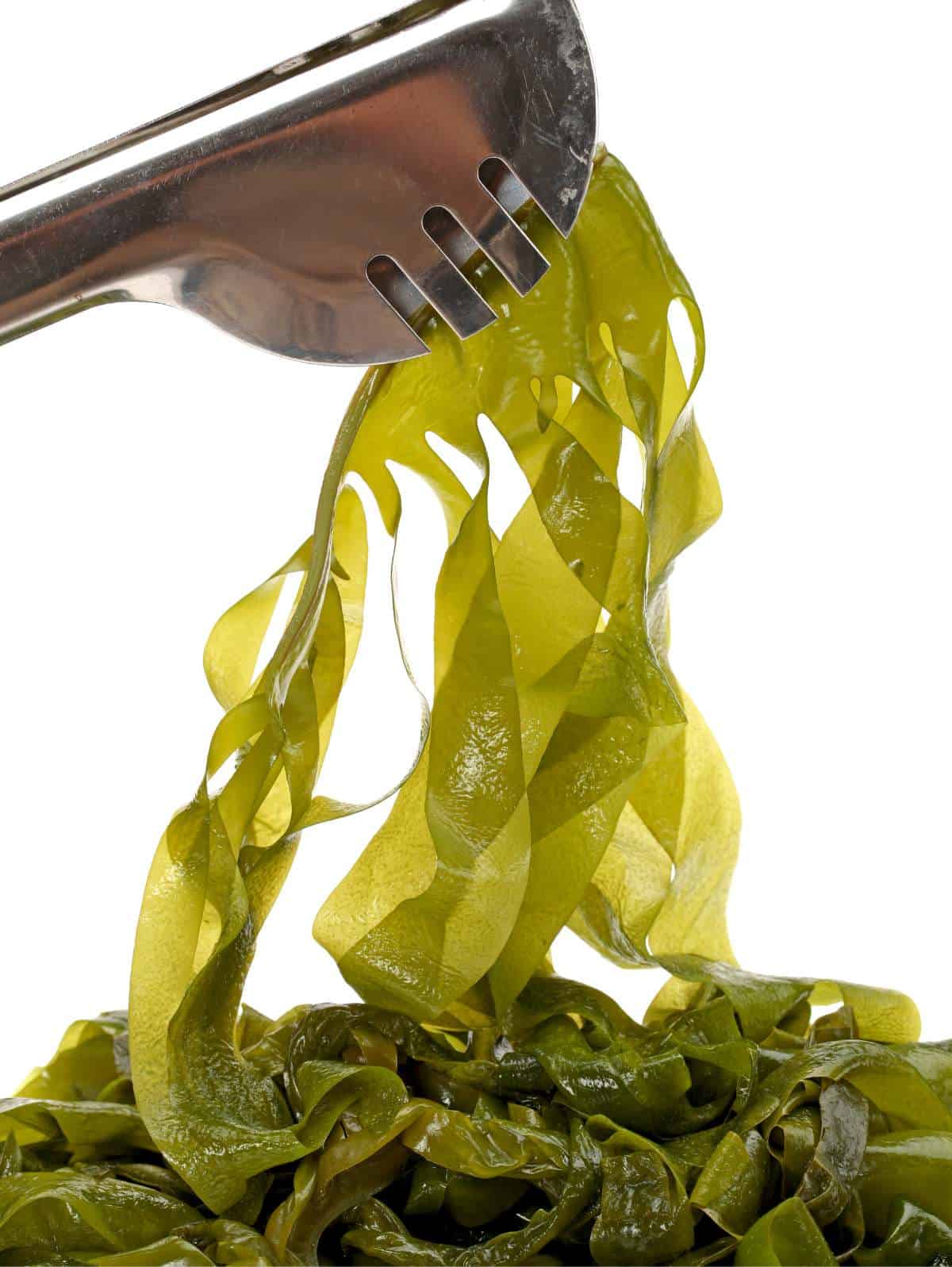
4. Iodine Supplements
For vegans who don’t consume half a teaspoon of iodized salt daily, or find yourself falling short of the daily recommended intake, an iodine supplement can help meet iodine needs.
There are primarily two sources of iodine in supplements: kelp and potassium iodide. While kelp may seem like a more natural choice, it’s important to note that some kelp supplements have significantly higher iodine content than indicated on the label.
Potassium iodide-based supplements are more consistent in their iodine content, making them a reliable choice. However, if you can only access a kelp-based supplement and you’re not consuming iodized salt, it’s still preferable to no supplement at all.
For those who are pregnant, may become pregnant, or are lactating, both the American Thyroid Association and the American Academy of Pediatrics advise taking a daily supplement with 150 mcg of iodine derived from potassium iodide.
You can find iodine in a vegan multivitamin or as a stand-alone supplement.
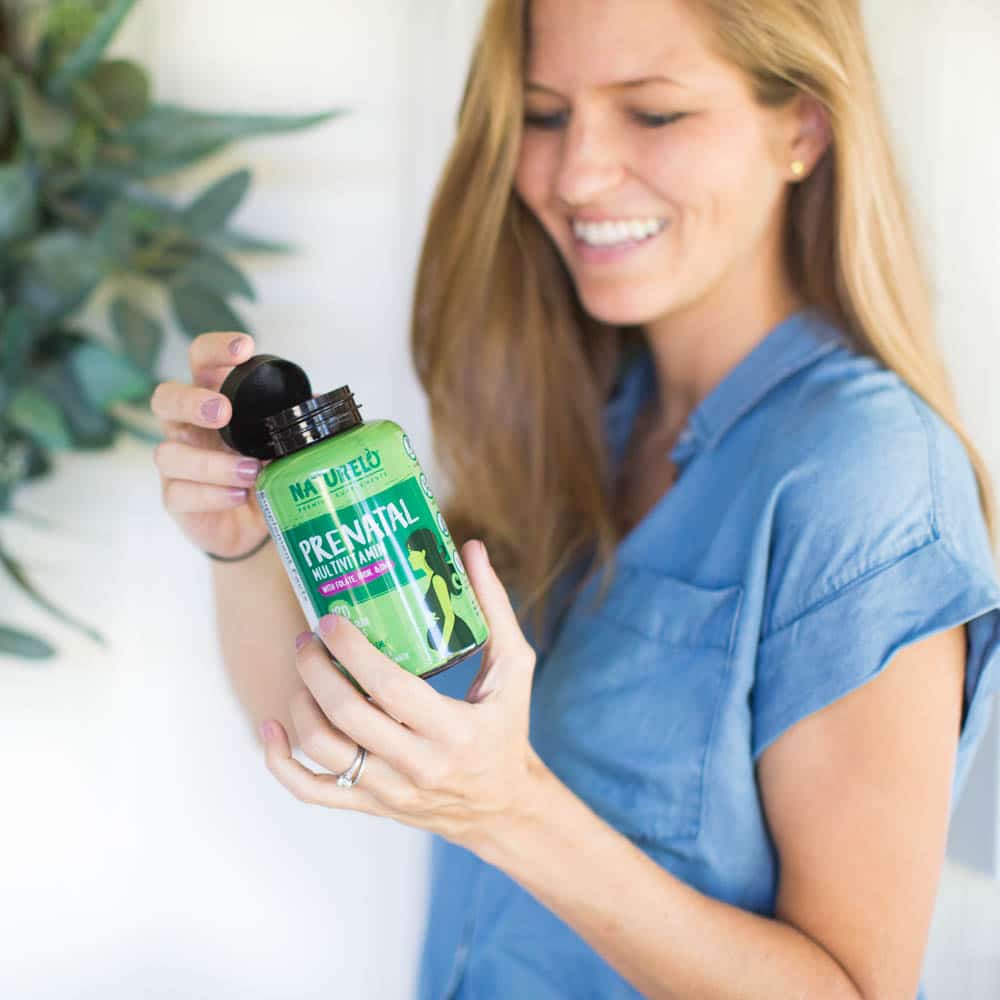
Iodine Recommendations for Vegetarian and Vegans
Adults need 150 micrograms (mcg) of iodine daily. Those who are pregnant or lactating need even more iodine (220 mcg and 290 mcg, respectively).
Why Was Iodine Added to Table Salt?
Iodine was first added to table salt in the 1920s. The primary reason for its introduction was to address and prevent iodine deficiency disorders (IDD), including goiter, which is the enlargement of the thyroid gland.
Throughout the early 20th century, certain regions, especially the Great Lakes, Appalachians, and the Northwestern regions of the United States, were termed “goiter belts” because of the high incidence of goiter among their populations. The soil in these regions was deficient in iodine, which translated into the crops and, consequently, the diets of the people living there.
To counteract this public health issue, in 1924, the U.S. introduced iodized salt, where table salt was fortified with iodine. The Morton Salt Company was among the first to commercialize it. The initiative was remarkably successful. Within a decade, the rates of goiter in the most affected regions dropped significantly.
Adding iodine to table salt proved to be a cost-effective and simple solution to address iodine deficiency on a large scale. This success in the U.S. became an example for many other countries, leading to widespread global adoption of iodized salt as a public health measure.
Signs of Iodine Deficiency
Iodine deficiency can manifest in several ways, as iodine plays a pivotal role in many bodily functions. Some of the common signs include:
- Goiter: The most recognizable sign of iodine deficiency, a goiter is an enlarged thyroid gland that may appear as a swelling at the base of the neck.
- Hypothyroidism: Iodine deficiency can lead to decreased production of thyroid hormones, resulting in hypothyroidism. Hypothyroidism symptoms include fatigue, depression, forgetfulness, feeling cold, dry skin, thinning hair and constipation.
- Mental Slowing and Forgetfulness: Reduced thyroid hormone levels can affect the brain’s function, leading to difficulties in thinking and remembering.
- Fatigue and Weakness: Reduced levels of thyroid hormones can lead to a general feeling of tiredness and lack of energy.
- Dry, Flaky Skin: Skin changes, including dryness and flakiness, can be indicative of iodine deficiency.
- Hair Loss: Inadequate iodine levels can interfere with hair growth and might result in hair loss.
- Weight Gain: A sluggish metabolism due to a lack of thyroid hormones might cause unexplained weight gain.
- Increased Sensitivity to Cold: Individuals with iodine deficiency may feel unusually cold compared to others, even in mild temperatures.
- Slow Heart Rate: Thyroid hormones play a role in regulating heart rate, and a deficiency can lead to a slower than usual heart rate.
- Heavy or Irregular Periods: In women, an iodine deficiency can disrupt the menstrual cycle, causing heavy or irregular periods.
It’s essential to recognize these signs early, as prolonged iodine deficiency can lead to more severe health problems. If you suspect you have an iodine deficiency, consult with a plant-based registered dietitian and healthcare professional for appropriate testing and guidance. There are many vegan doctors available for consult if needed as well.
Harness the Power of Iodine to Protect Your Thyroid Health
As we navigate the vegan nutrition landscape, it’s imperative to arm ourselves with knowledge, ensuring we fuel our bodies with the right nutrients.
Iodine is just one chapter in our wellness journey, but it’s a crucial one. No longer will we be in the dark about this essential micronutrient, and with the vegan iodine sources mentioned above, optimal health remains within reach.
With a little attention and careful planning, we can enjoy all the health benefits of a plant-based lifestyle while ensuring our iodine needs are met.
This article was written with guidance from registered dietitian Taylor Wolfram RD, and you can find more vegan nutrition information on her website. Please note, the information presented here is not to be construed as medical advice or used to diagnose, treat, cure or prevent any condition or disease. Some of the photos above were sourced from Canva.com.







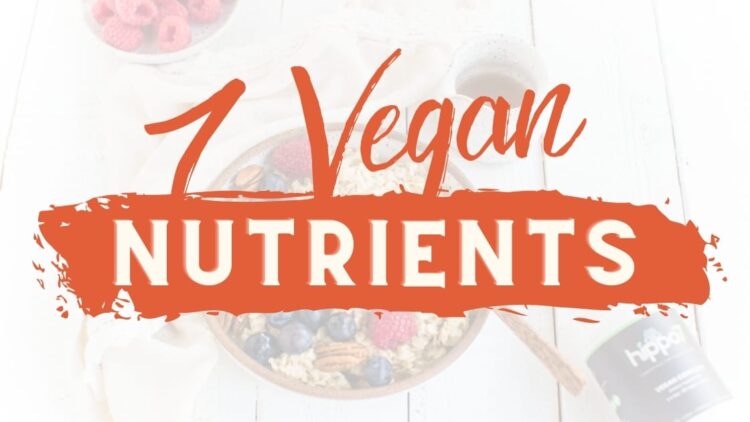
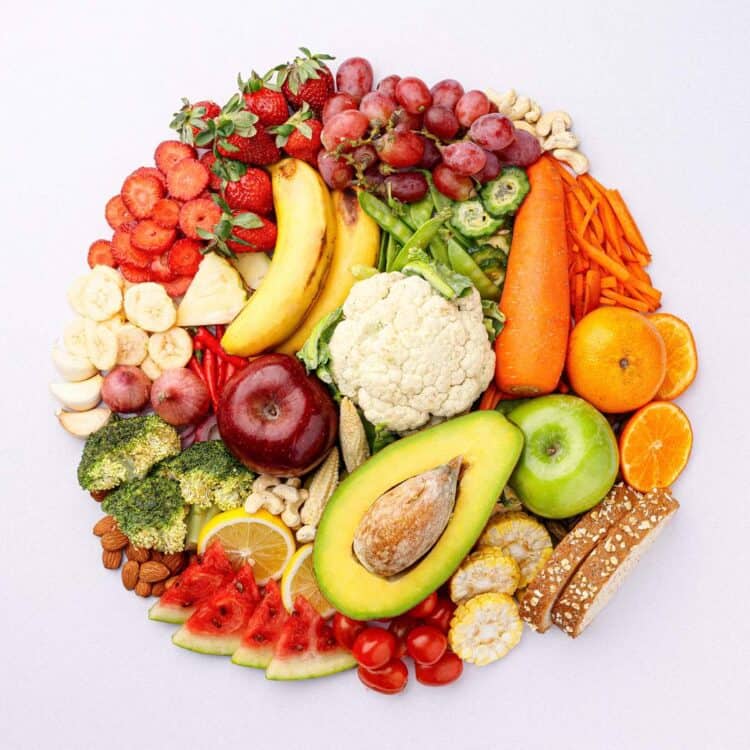
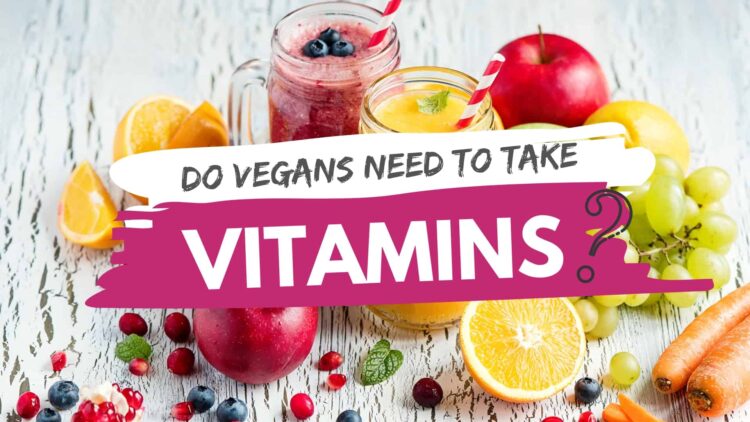

Leave a Comment